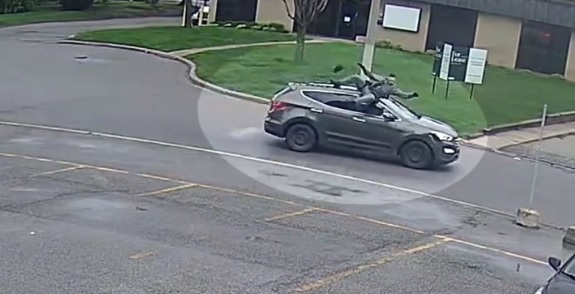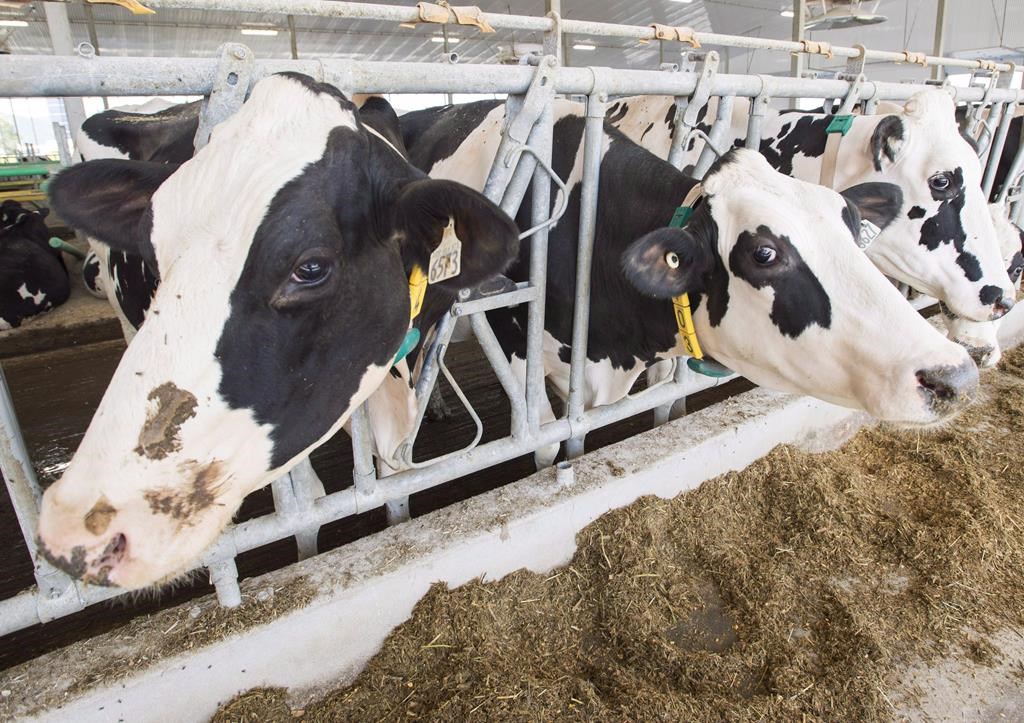Public Health Agency of Canada releases graph on what fully vaccinated can do

Posted June 25, 2021 3:26 pm.
Last Updated June 25, 2021 3:43 pm.
The Public Health Agency of Canada says people who are fully vaccinated against COVID-19 can have dinner together inside someone’s house without having to keep their distance or wear a mask.
It released the information after facing days of questions about what those who are double-dosed can do as the country’s vaccine campaign ramps up.
[pdf-embedder url=”https://www.680news.com/wp-content/blogs.dir/sites/2/2021/06/25/vaccinated-against-covid-19-public-health-measures.pdf”]
The agency released a chart following the briefing that laid out what people can do if they are fully or partially vaccinated.
Health Canada cites several other examples, such as gathering outdoors with friends and family, and what is allowed with non-vaccinated, partially vaccinated, or fully vaccinated people.
For someone non or partially vaccinated, gathering indoors with fully vaccinated individuals is allowed but with some measures in place.
“Consider removing your mask and being physically close to the fully vaccinated individuals if everyone is comfortable with that,” health officials say, adding that fully vaccinated people can safely interact indoor with others fully immunized against the virus.
As of Thursday, Prime Minister Justin Trudeau says 26 per cent of Canadians eligible for a vaccine against COVID-19 are fully vaccinated, with more than 76 per cent of people having received a single shot.
In Ontario, the government announced Friday the province will allow any residents 18 and older who received their first dose of an mRNA vaccine to move up their appointment next week.
Starting on Monday at 8:00 a.m., people will be able to book through the province’s booking system or directly through public health units that use their own booking system, and through participating pharmacies.
Officials say this will accelerate second dose eligibility for approximately 1.5 million Ontarians.
Health units covering Durham, Halton, Hamilton, Peel, Porcupine, Simcoe-Muskoka, Toronto, Waterloo, Wellington-Dufferin-Guelph and York are designated hot spots for the Delta variant.
On that note, federal COVID-19 modelling warns the Delta variant could make a possible fourth wave of the pandemic worse than initially thought.
Dr. Theresa Tam, Canada’s chief public health officer, says the Delta variant is the “latest hurdle” to the country’s fight in the pandemic and could cause hospital capacity to be exceeded if it takes hold throughout the fall and winter.
Tam says getting second doses of vaccines into arms is crucial in ensuring that doesn’t happen.
“We have done work for a better summer and by staying vigilant to keep cases low, we can stay on track for a safer fall and winter,” Tam said.
She says her provincial colleagues want residents to follow the advice being provided by local medical officials, as it’s more responsive to the situation in their communities.
Data currently shows the number of infections and hospitalizations continue to fall across the country, as more Canadians get vaccinated against COVID-19.
As that happens, provinces are moving ahead with plans to lift public health restrictions put in place to limit socializing and keep the spread down.
“Summer is looking pretty good and what I am watching for, is what happens when each of the individual provinces reopens,” Tam added.
“That will tell us if we will get some resurgence.”










